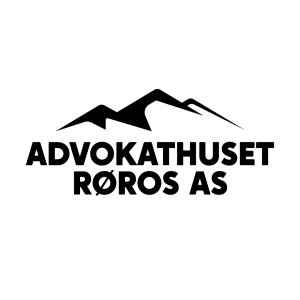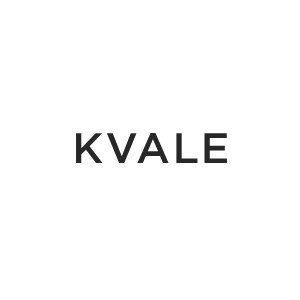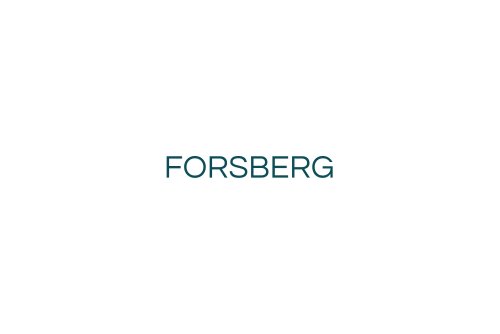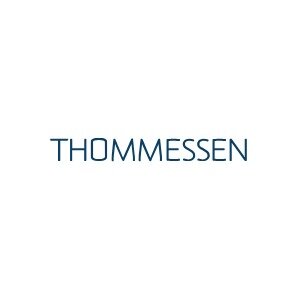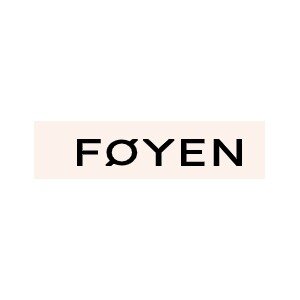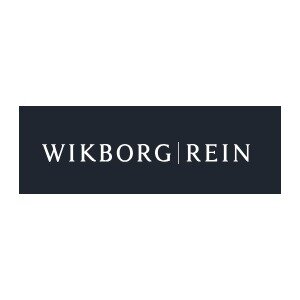Best Intellectual Property Lawyers in Norway
Share your needs with us, get contacted by law firms.
Free. Takes 2 min.
Or refine your search by selecting a city:
List of the best lawyers in Norway
About Intellectual Property Law in Norway
Intellectual property (IP) law in Norway is designed to protect the creations of the mind, including inventions, literary and artistic works, symbols, names, images, and designs used in commerce. The legal framework is a mix of national laws and European Union regulations, which Norway implements through its membership in the European Economic Area (EEA). The Norwegian Industrial Property Office (NIPO) administers IP rights, providing a robust legal system to safeguard innovations and support creative endeavors.
Why You May Need a Lawyer
There are several situations where individuals or businesses may require the expertise of an IP lawyer in Norway:
- Patent Filing and Enforcement: To navigate the complex procedure of patent applications and enforce patent rights.
- Trademark Registration: Assisting in the registration of trademarks and dealing with potential disputes or infringements.
- Copyright Issues: Resolving matters related to copyright protection for authors, musicians, and artists.
- Contract Drafting: Drafting licensing agreements that involve IP assets.
- IP Infringement: Defending against claims of IP infringement or pursuing actions against those who infringe upon your rights.
- Industry Regulations: Advising on industry-specific regulations that affect IP, such as pharmaceuticals, tech, or creative industries.
Local Laws Overview
Norwegian intellectual property law includes several key elements:
- Patents: Governed by the Norwegian Patents Act, which provides protection for inventions that are new, inventive, and industrially applicable.
- Trademarks: Managed under the Norwegian Trademarks Act, allowing businesses to protect distinctive signs that differentiate their goods or services.
- Copyrights: The Copyright Act protects literary and artistic works, giving authors economic and moral rights to their creations.
- Designs: The Norwegian Design Act protects the visual design of products, covering both two-dimensional and three-dimensional designs.
- Trade secrets: While Norway does not have a specific trade secret law, protection is provided under the Marketing Control Act.
Frequently Asked Questions
What is the duration of patent protection in Norway?
In Norway, patent protection lasts up to 20 years from the filing date, provided annual fees are paid to maintain the patent.
How can I enforce my trademark rights in Norway?
Trademark rights in Norway can be enforced through civil court actions and may involve measures such as injunctions, monetary damages, or criminal prosecution for counterfeit goods.
Can I register a copyright in Norway?
No formal registration is required for copyright protection in Norway. Copyright protection is automatically granted when the work is created and fixed in a tangible form.
Are software programs eligible for patent protection in Norway?
Software as a standalone entity is not patentable in Norway, but if it contributes to a technical process or has a technical effect, it may be eligible for a patent.
How do I apply for design protection?
A design can be protected by registering it with the Norwegian Industrial Property Office. The design must be new and have an individual character.
Is there a grace period for filing a patent application in Norway?
No, Norway does not offer a grace period. Any public disclosure of the invention prior to filing a patent application may invalidate the claim to novelty.
What should I do if I discover that my IP rights are being infringed?
Consult with an IP lawyer promptly to evaluate your options, which could include sending a cease and desist letter or initiating legal action.
Can I use a business name as a trademark?
Yes, a business name can function as a trademark if it identifies the source of goods or services and is distinctive.
Is it possible to obtain international IP protection through Norwegian authorities?
Yes, through international agreements such as the Patent Cooperation Treaty (PCT) and the Madrid Protocol, you can seek protection beyond Norway’s borders.
What is the role of the Norwegian Industrial Property Office?
The Norwegian Industrial Property Office administers the processing of IP applications, maintains registers of IP rights, and promotes innovation by informing about IP laws and rights.
Additional Resources
For more information about intellectual property in Norway, consider reaching out to or consulting the following resources:
- Norwegian Industrial Property Office (NIPO): The main governmental body for IP administration.
- The Norwegian Ministry of Justice and Public Security: Provides legal frameworks and policy information.
- International Organizations: World Intellectual Property Organization (WIPO) for global IP strategies.
- Norsk Forening for Industriell Rettighetsbeskyttelse (NIR): An association focused on IP rights protection.
Next Steps
If you require legal assistance with intellectual property matters in Norway, consider the following steps:
- Research and Contact an IP Lawyer: Look for reputable IP lawyers or law firms with a strong track record in the field.
- Prepare Documentation: Gather all relevant documents, such as IP registrations, contracts, and correspondence related to the issue.
- Consultation: Arrange a consultation to discuss your situation and obtain legal advice tailored to your needs.
- Strategize: Work with your lawyer to develop a strategy that addresses your IP concerns effectively.
Lawzana helps you find the best lawyers and law firms in Norway through a curated and pre-screened list of qualified legal professionals. Our platform offers rankings and detailed profiles of attorneys and law firms, allowing you to compare based on practice areas, including Intellectual Property, experience, and client feedback.
Each profile includes a description of the firm's areas of practice, client reviews, team members and partners, year of establishment, spoken languages, office locations, contact information, social media presence, and any published articles or resources. Most firms on our platform speak English and are experienced in both local and international legal matters.
Get a quote from top-rated law firms in Norway — quickly, securely, and without unnecessary hassle.
Disclaimer:
The information provided on this page is for general informational purposes only and does not constitute legal advice. While we strive to ensure the accuracy and relevance of the content, legal information may change over time, and interpretations of the law can vary. You should always consult with a qualified legal professional for advice specific to your situation.
We disclaim all liability for actions taken or not taken based on the content of this page. If you believe any information is incorrect or outdated, please contact us, and we will review and update it where appropriate.
Browse intellectual property law firms by service in Norway
Norway Attorneys in related practice areas.
Browse intellectual property law firms by city in Norway
Refine your search by selecting a city.




